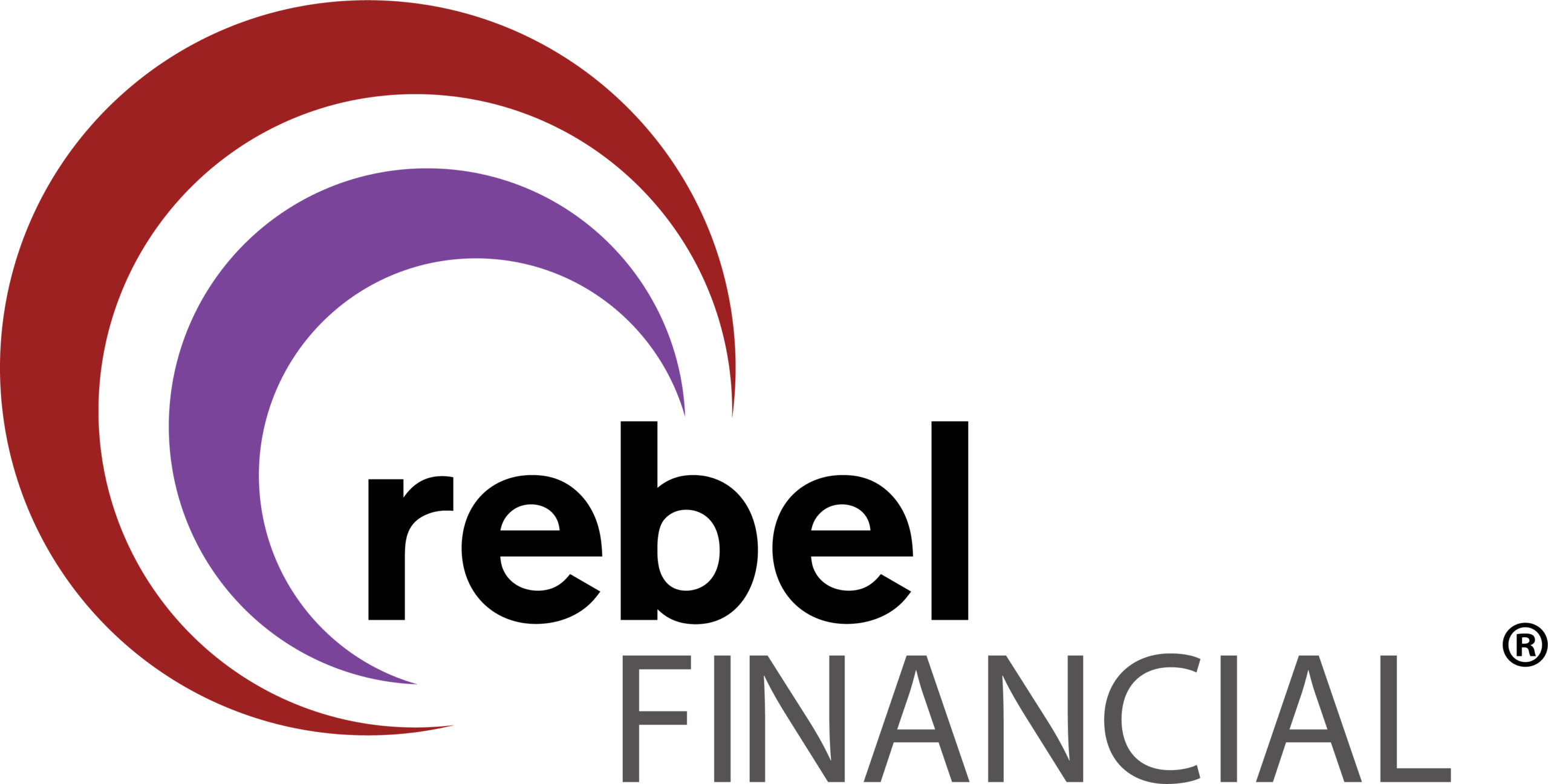When was the last time you talked about money? Who do you trust enough to discuss your finances with?
For many of us, the answer is “no one.” Studies show that most people avoid talking about money entirely, preferring to discuss far more uncomfortable topics—like death, politics, or even addiction—rather than their finances. 1,2
This reluctance isn’t surprising. Cultural taboos teach us that money conversations can be rude, boastful, or even shameful. We’re often afraid of being judged for having too much, or too little, which makes it easier to avoid the topic altogether.
But avoiding money talks comes at a cost. It’s harder to identify and address financial problems, set healthy habits, or work toward financial well-being when we don’t discuss finances—even with those closest to us.
And here’s the paradox: while most of us avoid money conversations, we also agree they’re essential. Talking openly about money can unlock financial freedom, strengthen relationships, and lay the groundwork for generational wealth. 3
So how do we break the silence and start these conversations?
It begins with knowing how to open the door. By approaching the topic with curiosity and care, we can transform “money talk” into a source of connection and empowerment. 2, 4
A Better Way to Invest in Money Conversations: 25 Powerful Ice Breakers
When it comes to talking about money, knowing where to start can make all the difference. Here are 25 powerful conversation starters to help you navigate various aspects of finance—from spending habits to retirement dreams.
Spending & Saving
- Do you see yourself as more of a spender or saver?
- What’s your relationship with debt?
- When was the last time you wished you hadn’t spent money on something, and why?
- “Saving for a rainy day”—what does that mean to you?
- If you had to cut back on spending, what three things would you do?
Money Habits
- What’s your best money habit?
- If you could change any of your money habits instantly, what would it be?
- How often do you check your credit report?
- What money habits did you pick up from your parents?
- If you inherited $1 million tomorrow, what would you do with it?
Money Mindset
- What’s your first memory of money?
- How does the topic of finance make you feel (e.g., anxious, excited, optimistic, or stressed)?
- “Money can’t buy happiness”—what does that mean to you?
- How has your relationship with money affected your relationships with other people?
- What do you enjoy most: spending, saving, or earning money?
Retirement
- What’s the first thing you want to do when you retire?
- What’s going to be your biggest expense in retirement?
- How long do you think your retirement will last?
- Where do you want to live when you retire?
- What does your dream retirement look like?
Financial Goals
- What are your long-term financial goals?
- How do you handle financial setbacks (e.g., job loss)?
- What do you want your life to look like in 5 to 10 years?
- What does it mean to you to be “financially comfortable”?
- How do you view financial success?
Money talks aren’t just about breaking the ice; they’re about building meaningful connections and fostering financial literacy. The key lies in your approach. Enter these conversations with an open mind and a willingness to share and listen.
Instead of diving into big-picture issues, focus on specific topics. This can make discussions feel more manageable, especially if you’re new to talking about money. And remember, like any skill, financial conversations get easier with practice. Each discussion is an opportunity to learn, grow, and refine your money habits. 1, 3
The right support from trusted individuals can also make these talks more productive and empowering. So, which icebreaker will you try first? Whichever you choose, your next money conversation could be the first step toward greater financial well-being. 4, 5
Did you find this article helpful? Share it!
ABOUT AUTHOR
Dylan Elmore
- https://www.nasdaq.com/articles/new-study-shows-majority-of-americans-are-uncomfortable-talking-about-finances
- https://bigthink.com/sponsored/why-is-it-taboo-to-talk-about-money/
- https://www.apa.org/news/podcasts/speaking-of-psychology/money-stress
- https://www.forbes.com/sites/bobbyhoyt/2023/08/17/how-to-get-better-at-talking-about-money/
- https://news.stonybrook.edu/university/why-talking-about-money-with-children-matters/#:~:text=%E2%80%9CWhat%20research%20shows%2C%E2%80%9D%20explained,health%20outcomes%20among%20young%20adults
The information provided on this blog is for general informational purposes only and does not constitute financial, investment, legal, or tax advice.The content represents the opinions of the author and should not be interpreted as personalized financial advice.
You should not rely solely on the information provided herein and should seek the advice of a qualified financial advisor, registered investment advisor, tax professional, or legal counsel before making any financial decisions. The strategies and investments discussed may not be suitable for all investors, as individual financial situations vary.
rebel Financial, LLC, is a registered investment adviser. To see a more detailed description of the company, its management, and practices, view our (Form ADV, Part2A) and Disclosures.







